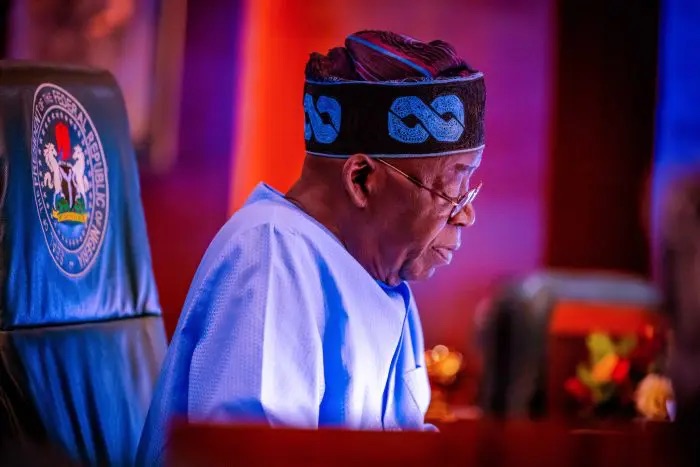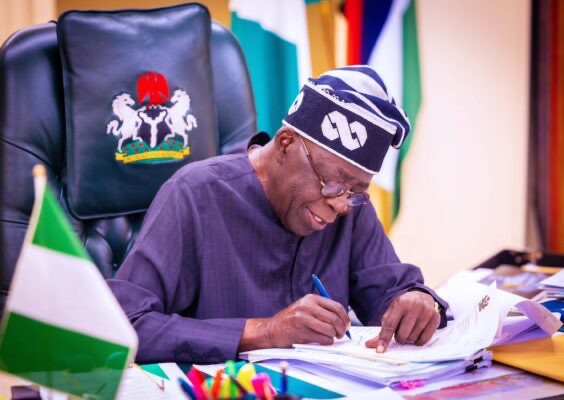President Bola Tinubu has formally requested approval from the Nigerian National Assembly for a new external borrowing plan amounting to $2.2 billion. This loan is part of the government’s broader fiscal strategy to finance the 2024 budget, which has a significant deficit of approximately N9.7 trillion. The funds are intended to cover shortfalls in the budget while supporting key sectors such as infrastructure, security, and healthcare.
The proposed external loan will help Nigeria manage its fiscal gap by tapping into international financial markets, alongside other measures such as domestic borrowings and revenue-generation strategies. This request comes as the government aims to stabilize the economy amidst growing inflation, a challenging fiscal environment, and efforts to manage the country’s debt load.

The borrowing plan aligns with the government’s medium-term economic recovery and growth strategies, which have been crafted to steer the country towards economic recovery after various setbacks, including the impacts of the COVID-19 pandemic and global economic disruptions.
This $2.2 billion loan will also be used to fund a wide range of public projects, some of which are already lined up for completion in the 2024 fiscal year. The government has emphasized that these funds are necessary to support critical infrastructural and developmental projects that will create jobs and boost economic activity across the nation. Additionally, a portion of the loan will contribute to the financing of the Morph Real Estate Investment Fund, which aims to address Nigeria’s significant housing deficit and offer long-term mortgage options to citizens.
The Senate’s approval of this loan is crucial for the timely execution of these projects. The approval process is expected to go through the National Assembly in the coming weeks, with discussions on how to balance the country’s debt levels with its ongoing developmental needs. Moreover, international institutions such as the World Bank and African Development Bank have expressed confidence in supporting the loan plan, which highlights Nigeria’s access to the global capital markets despite the challenges.
The loan is part of a larger strategy that includes both domestic and foreign borrowing and is seen as a critical step toward ensuring the country’s fiscal health and sustaining development momentum .





